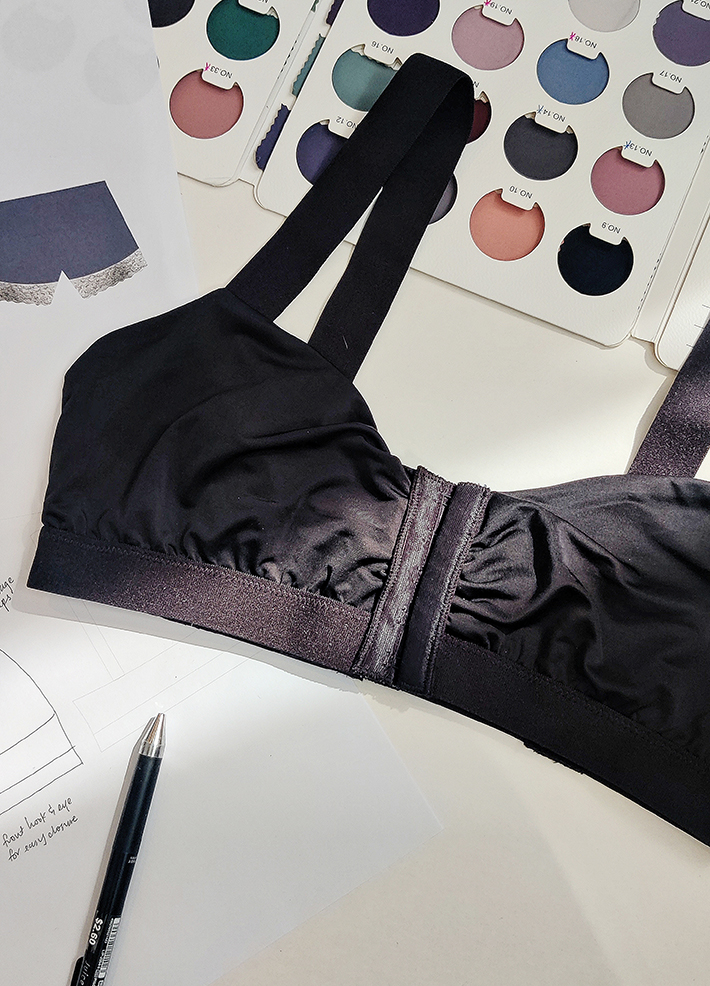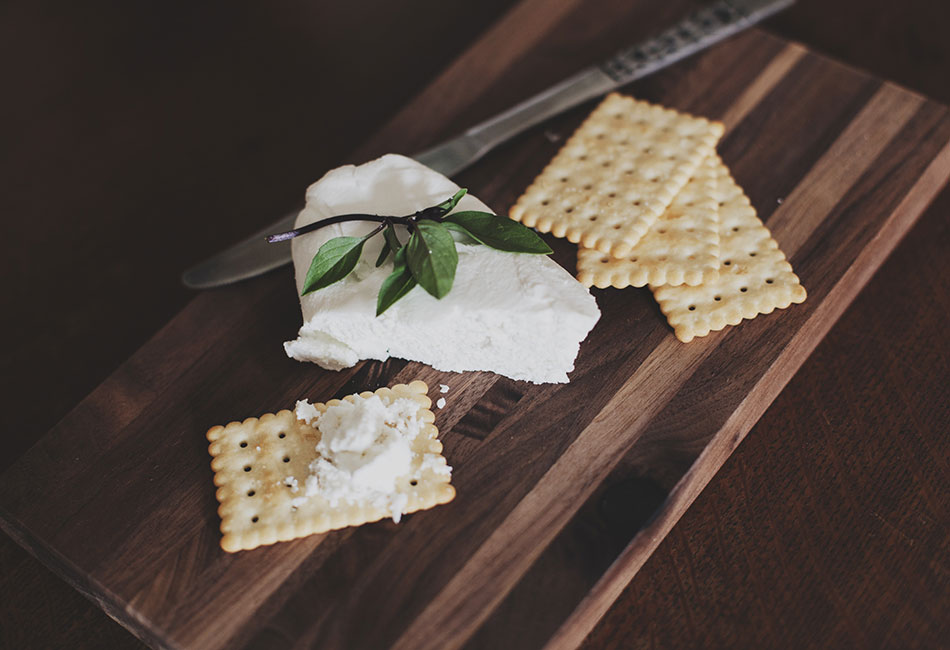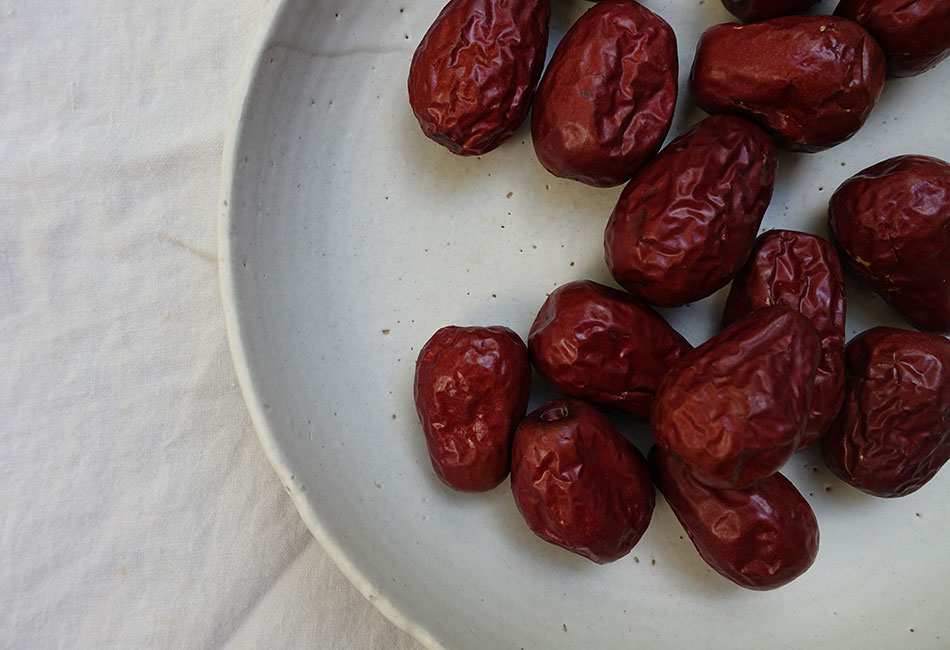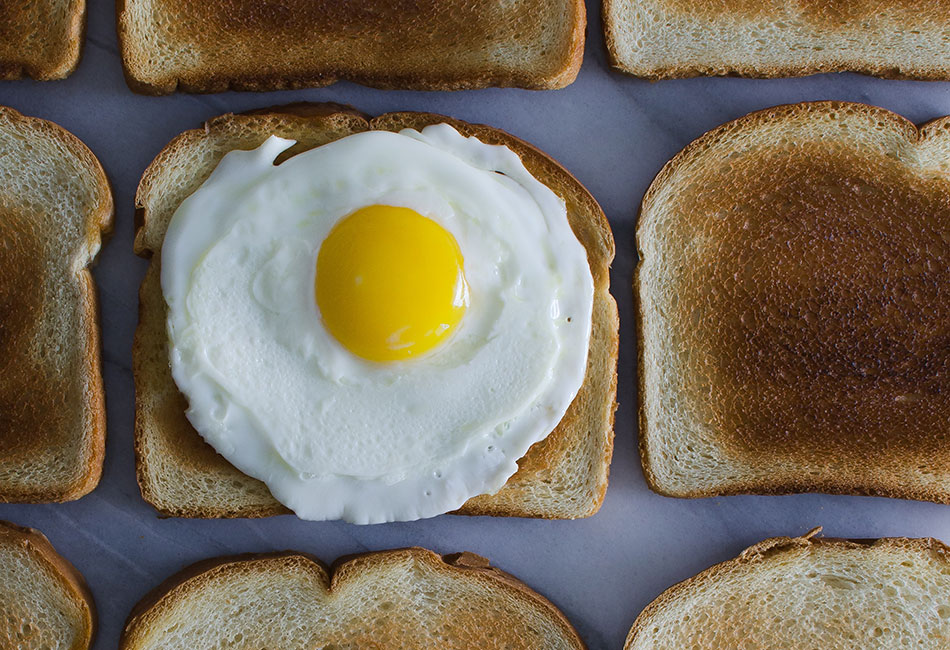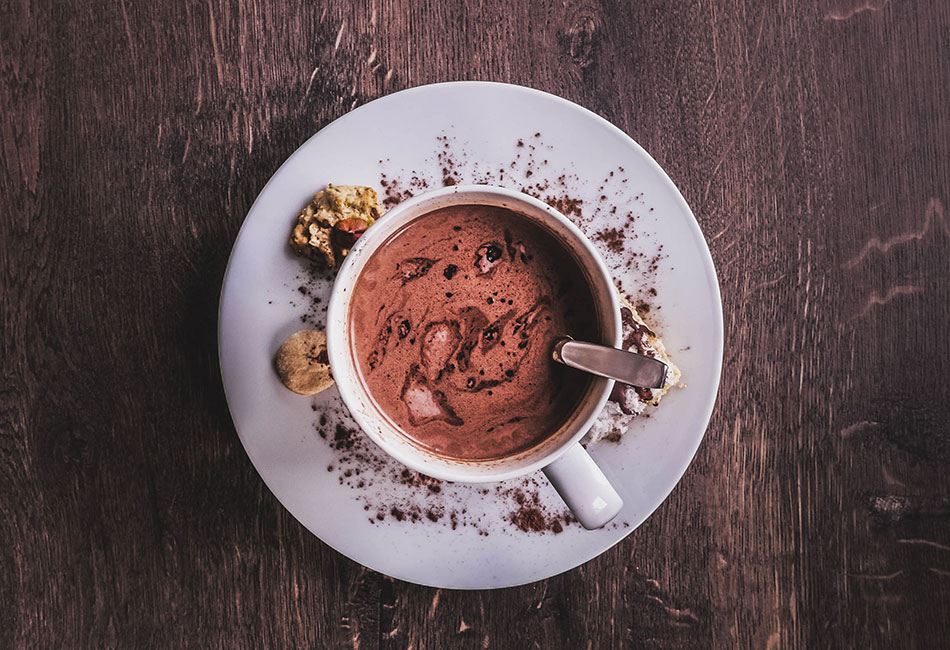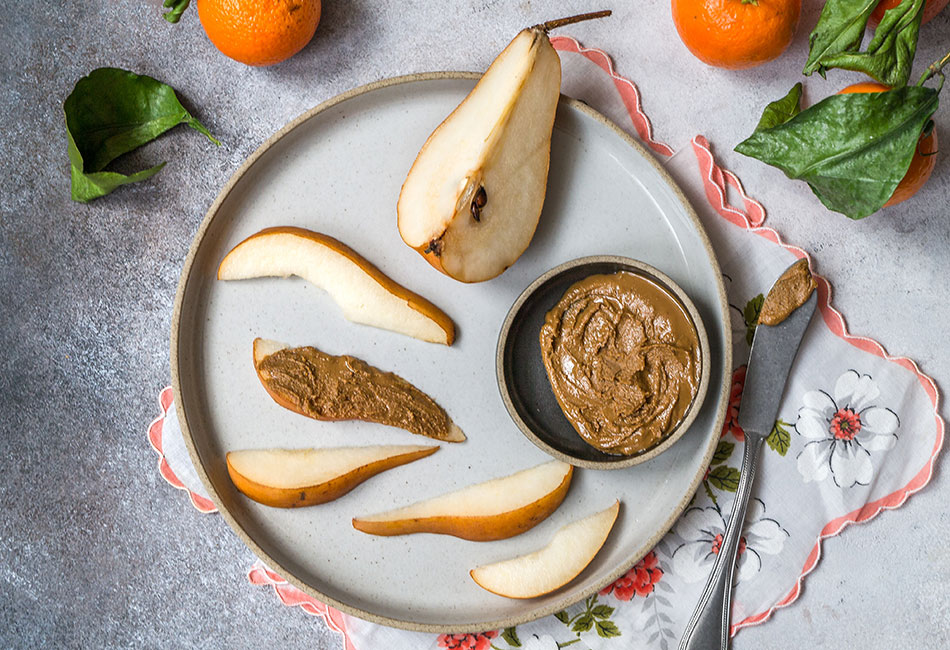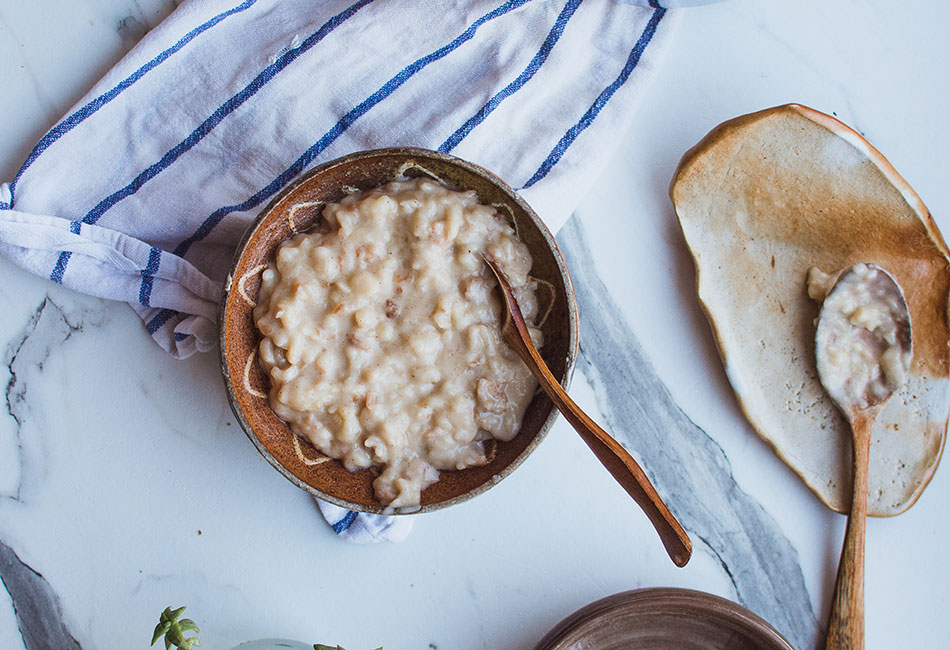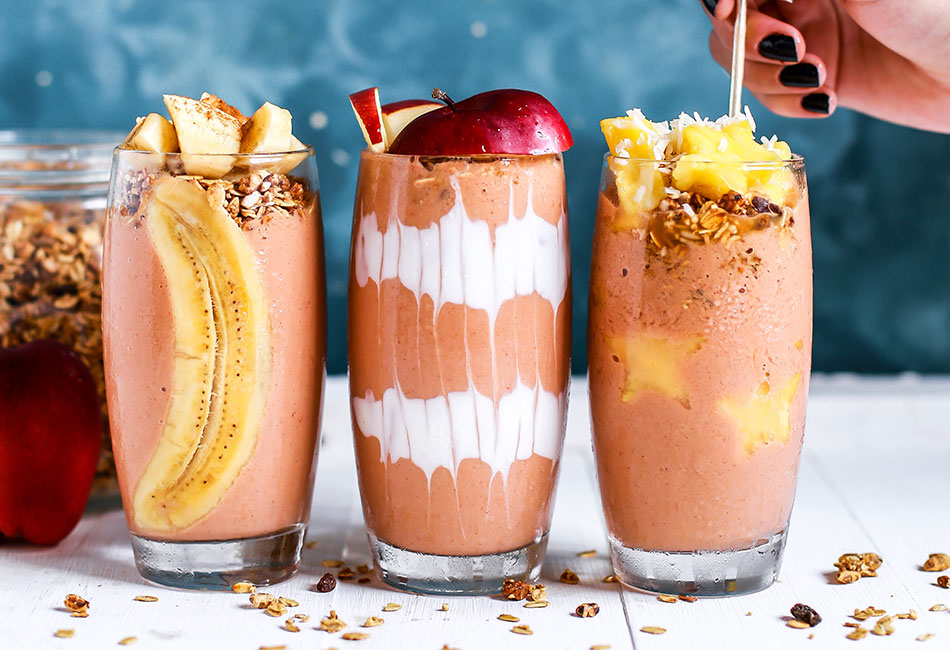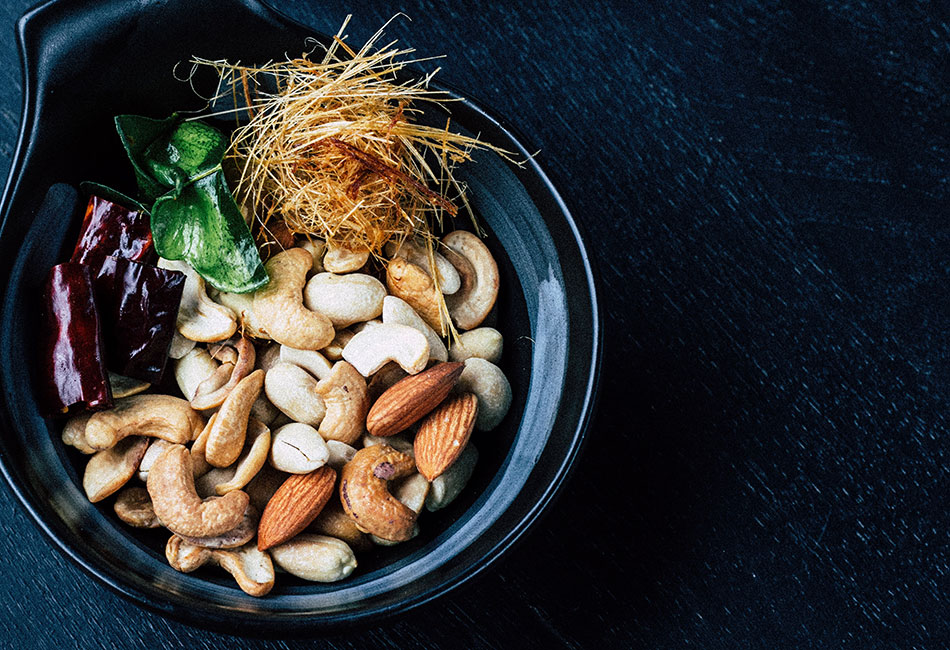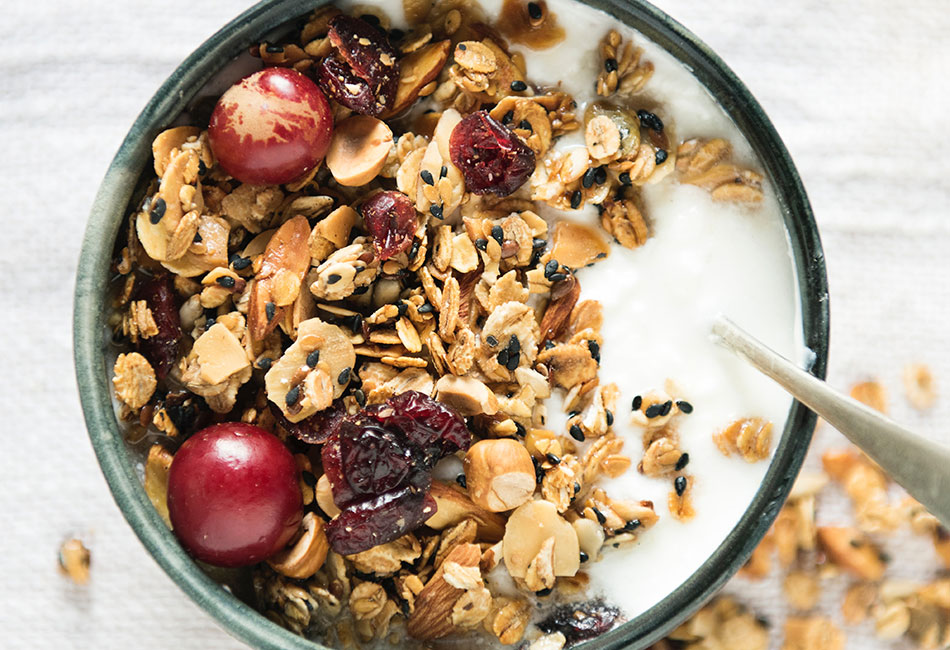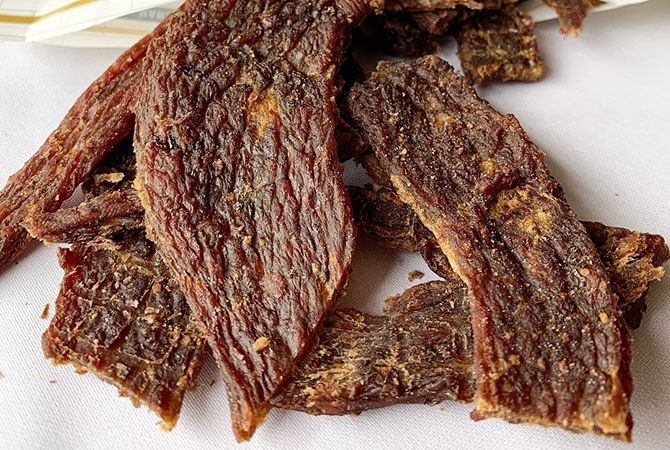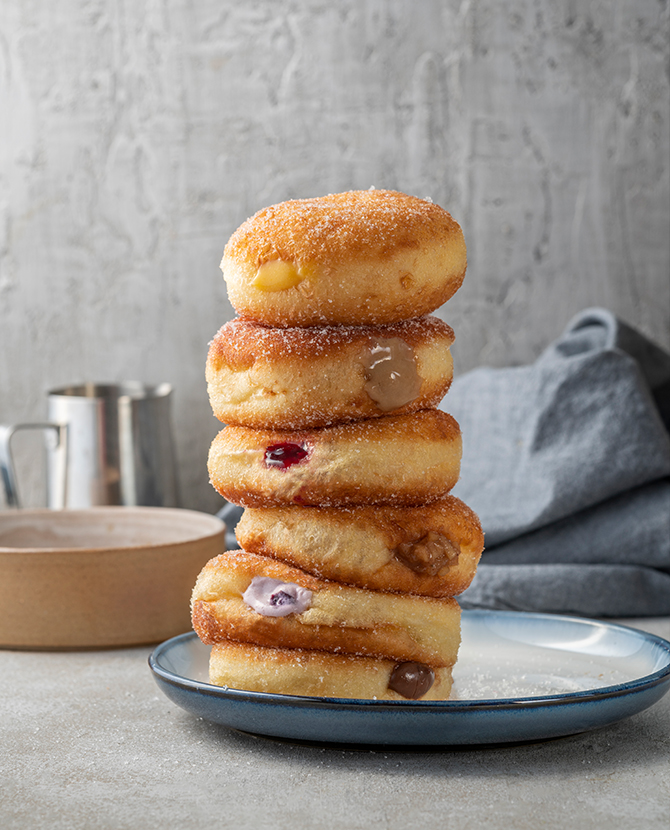Best pre-workout snacks, complete with tips from a nutritionist
Essential treats
- 16.01.2019
- By Eve Persak
RECOMMENDED
Just like fingerprints, no two bodies are alike. As such, establishing which foods match your digestive tolerance and training regime can call for a bit of ‘trial and error’ experimentation. But on the whole, there are a few scientifically-supported tricks-of-the-trade that serve as helpful guidelines for most gym-goers and athletes. COMO Shambhala nutritionist, Eve Persak shares a few reminders to consider before selecting your pre-workout bites.
Choose foods that sit easily on the stomach
The digestive system becomes less efficient during exercise since the body redirects energy away from the internal GI (gastrointestinal) tract and towards the peripheral working muscles. Avoid foods that are too acidic like citrus fruits, juices, black coffee, too spicy (which can irritate the stomach lining) and too oily (leads to reflux, indigestion, or heartburn as a result of irritation of the stomach).
Don’t shy away from carbohydrates
Carbohydrates are often misunderstood and shunned but compared to proteins and fats, they are the easiest and fastest macronutrients to digest and move into the bloodstream as glucose. As the preferred fuel for muscles, consumption of glucose in carb-containing snacks prior to exercise will ensure that fuel is readily available for the working muscles during your workout. Reach for complex carbohydrates that are low or moderate in fiber as they require more digestive effort and slows the movement of food through the stomach — hence delaying the availability of energy to the muscles.
Add a touch of protein
Most essential after a workout, amino acids repair the exercise-induced wear and tear in the muscles. Current research also indicates that including small amounts of protein before and during activity enables real-time muscle building.
Pay attention to portion
Overeating can leave you feeling lethargic and heavy. On the other hand, skipping or skimping on a snack can cause light-headedness or compromise energy levels or exercise gains. The million dollar question now is, how much is enough? Most sports nutrition sources recommend pre-training snacks that provide about 150-300 kcal. For short bouts of exercise, fewer calories are required while longer workouts (i.e. > 90 minutes) may need a touch extra of calories.
For timing, smaller portions are preferred if you’re eating immediately before or within 30 minutes of movement. You can increase your intake slightly if you’re allowing added digestion time (an hour or two) before initiating your exercise. Wash it all down with a liquid pairing to your snacks. Not only does water facilitate digestion and absorption of nutrients, but sipping will also keep you hydrated.
Here are some sports nutritionist-approved picks:
Eve’s programmes are available at COMO Shambhala Urban Escape Singapore.
ADVERTISEMENT. CONTINUE READING BELOW

